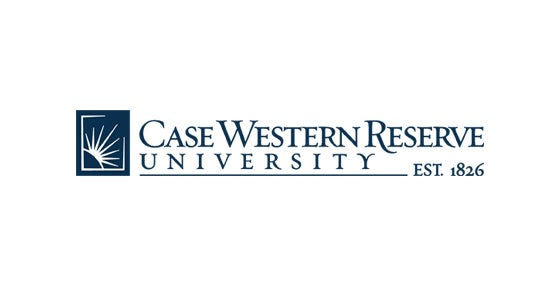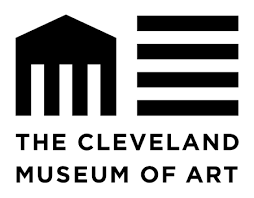47th Annual Cleveland Symposium – Aura: Authenticity, Experience, And Art
Case Western Reserve University And The Cleveland Museum Of Art, Cleveland, Ohio
12 Nov 2021
The deadline to submit an abstract for the 2021 Cleveland Symposium has been extended. The Cleveland Symposium is one of the longest-running annual art history graduate symposia in the United States, organized by students in the joint graduate program with the Cleveland Museum of Art.
New deadline: 2 Jul 2021
The Department of Art History and Art at Case Western Reserve University invites graduate students to submit abstracts for its 2021 Annual Symposium Aura: Authenticity, Experience, and Art. The Cleveland Symposium is one of the longest-running annual art history graduate symposia in the United States, organized by students in the joint graduate program with the Cleveland Museum of Art.
In 1935, Walter Benjamin asserted that the aura of a work of art derives from authenticity, originality, and site specificity. This aura has been observed in a variety of forms based on first-hand experiences with an object. Throughout time, objects have also had effects on viewers that extend beyond their aesthetic qualities. Benjamin also argued that “mechanical” reproductions are without an aura and that reproductions can tarnish the art object’s originality but can also “emancipate… the work of art from its parasitic subservience to ritual.” (Benjamin, 106) By reproducing the art object and removing it from ritualistic settings, the work can become more available and become relevant to contemporary culture. Questions about authenticity and experience continue into the twenty-first century and intensify, as commercial, digital, and mechanical art shape the course of art history, artistic practice, and museum and gallery display. Very recently, digitization has become a necessity and we have expanded our outlook on how digital reproduction can help, rather than harm, the goals of artists, historians, heritage preservation specialists and museum professionals. While we continue to consider the aura of objects, we also explore a future of increasing the accessibility of art through digital reproduction.
How do we expand our celebration of the aura of an object to encompass its many forms? How do we grapple with the subject of originality and authenticity in an increasingly digital world? How do artists and museum professionals address the history of the aura and issues of reproduction, circulation, and access in their work? In what ways do reproductions benefit or potentially harm the original art objects? This year’s symposium welcomes innovative research papers that explore issues of authenticity and reproduction in and around the creation, reception, and circulation of the visual arts. Submissions may explore aspects of this theme as manifested in any medium as well as in any historical period and geographical location. Different methodological perspectives are welcomed.
Potential topics may include, but are not limited to:
- Social functions of objects: religious, ritual, sentimental, etc.
- Contemplating the sensorial aspect of object and site specificity
- Developments in connoisseurship utilizing digital technologies
- Destruction, looting, and defacing art objects
- Uncovering lost or forgotten objects, narratives, and perspectives
- Collecting intangible artworks and the digital art market
- Open Access and the future of the field of object study
- Artists recreating past works or reconfiguring materials into new works
- Objects and images referencing famous art pieces
- The reuse and commercialization of artwork in popular culture
With keynote speaker Adam Lowe of Factum Arte and the Factum Foundation.
Please note: Planning for this year’s in-person symposium is already underway, but given the current situation with the COVID-19 pandemic, we understand that plans may need to be amended. Alternative arrangements are being made to transition to an online platform should an in-person symposium not be feasible.
Please send all sumbissions and questions to the Cleveland Symposium email: clevelandsymposium@gmail.com.


You must be logged in to post a comment.